Introduction
Mega cap stocks refer to companies with exceptionally high market capitalizations, typically exceeding $200 billion. These corporations play a crucial role in financial markets, often serving as economic indicators due to their influence on industry trends and investor sentiment. Microsoft, with a market capitalization well into the trillions, firmly qualifies as a mega cap stock. Its leadership in technology, cloud computing, and enterprise software has made it one of the most valuable and widely held stocks globally.
This article analyzes Microsoft's classification as a mega cap stock, examining its defining characteristics, investment advantages, potential risks, and strategies for incorporating it into portfolios. By understanding Microsoft’s financial standing and market significance, investors can make informed decisions about its role in their long-term strategies.
Understanding Mega Cap Stocks
Mega cap stocks are companies with exceptionally high market capitalizations, typically exceeding $200 billion. These corporations represent the largest publicly traded entities, often influencing broader market trends due to their sheer size and financial strength. Their valuations fluctuate based on economic conditions, but they generally maintain stability due to diversified revenue streams and strong institutional backing. Companies such as Apple, Microsoft, and Amazon consistently rank among mega cap stocks, demonstrating sustained growth and market dominance.
Key characteristics of mega cap stocks include financial resilience, global brand recognition, and consistent revenue generation. These companies often lead their industries, setting benchmarks for innovation and profitability. Their ability to withstand economic downturns makes them attractive to long-term investors seeking stability. Additionally, mega cap stocks tend to offer dividends, further enhancing their appeal for income-focused portfolios.
Mega cap stocks differ from large-cap and mid-cap stocks in terms of market influence and risk profile. Large-cap stocks, valued between $10 billion and $200 billion, provide growth potential with moderate risk, while mid-cap stocks, ranging from $2 billion to $10 billion, offer higher volatility but greater upside potential. Mega cap stocks, however, dominate their sectors, often shaping industry trends and economic policies.
Their inclusion in major indexes like the S&P 500 further solidifies their role in investment portfolios, making them essential components for diversified strategies.
Microsoft’s Market Capitalization
Microsoft’s market capitalization has consistently ranked among the highest globally, currently valued at $3.339 trillion as of May 2025. This places Microsoft firmly in the mega cap category, reflecting its financial strength and industry dominance. Over the past decade, Microsoft’s valuation has experienced substantial growth, driven by its expansion into cloud computing, artificial intelligence, and enterprise solutions. Despite market fluctuations, Microsoft has maintained steady upward momentum, reinforcing its position as one of the most valuable companies in the world.
Compared to other mega cap stocks, Microsoft competes closely with Apple ($3.148 trillion) and Amazon ($2.04 trillion). While Apple leads in consumer electronics and Amazon dominates e-commerce, Microsoft’s diversified business model- spanning software, cloud computing, and AI- provides a balanced approach to revenue generation. Its ability to sustain high valuations while adapting to technological shifts sets it apart from competitors. Additionally, Microsoft’s inclusion in major indexes like the S&P 500 and Nasdaq-100 further solidifies its influence on global markets.
Microsoft’s market value is significantly influenced by strategic acquisitions and innovation. Key acquisitions, such as LinkedIn, GitHub, and Activision Blizzard, have expanded its reach across multiple industries, enhancing revenue streams and market presence. The company’s investment in Azure cloud computing has positioned it as a leader in enterprise solutions, competing directly with Amazon Web Services (AWS). Additionally, Microsoft’s advancements in artificial intelligence and cybersecurity continue to drive investor confidence, ensuring sustained growth and market relevance.
Characteristics of Microsoft as a Mega Cap Stock
Microsoft’s status as a mega cap stock is reinforced by its stability and financial resilience . The company has consistently maintained strong revenue streams across its diversified business segments, including cloud computing, enterprise software, and artificial intelligence. Its ability to generate steady cash flow and sustain profitability, even during economic downturns, makes it a reliable investment for long-term holders. Microsoft’s financial strength is further supported by its robust balance sheet, low debt levels, and consistent dividend payouts, which appeal to institutional investors seeking stability.
Microsoft’s global market dominance spans multiple industries, including technology, cloud computing, gaming, and enterprise solutions. Its Azure cloud platform competes directly with Amazon Web Services (AWS), while its Office 365 suite remains the standard for business productivity software. Additionally, Microsoft’s presence in gaming through Xbox and its acquisitions, such as Activision Blizzard, further expand its market influence. The company’s ability to lead in various sectors ensures its continued relevance and competitive edge against emerging tech firms.
The company has demonstrated consistent revenue and earnings growth, driven by its strategic investments in cloud computing, AI, and enterprise solutions. Microsoft’s Intelligent Cloud segment has reported substantial revenue increases, with Azure leading growth in cloud services. Its ability to innovate and expand into high-growth areas has strengthened investor confidence, making it a preferred choice for institutional investors. Large asset managers and pension funds frequently allocate capital to Microsoft due to its predictable earnings and strong market positioning.
Conclusion
Microsoft’s classification as a mega cap stock is backed by its strong financial resilience, industry leadership, and consistent growth. Its market capitalization, exceeding several trillion dollars, firmly places it among the most influential corporations globally. Microsoft’s ability to dominate multiple sectors-cloud computing, enterprise software, gaming, and artificial intelligence-ensures its continued relevance in the financial markets.
While mega cap stocks like Microsoft offer stability, they also come with valuation risks, regulatory scrutiny, and competitive pressures. Investors must assess these factors carefully, balancing long-term potential with diversification strategies. Understanding Microsoft’s role in the broader market can help investors make informed decisions that align with their financial goals.
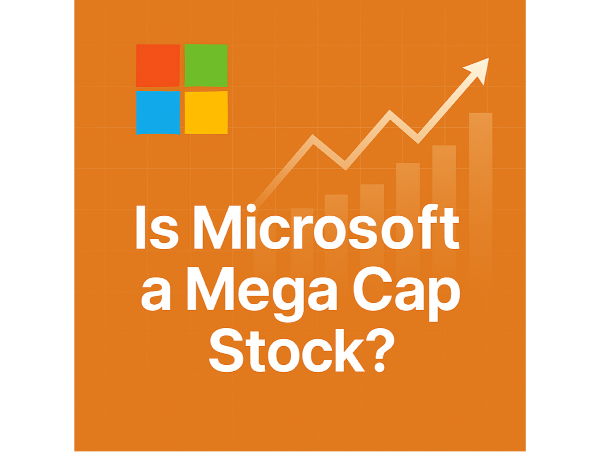


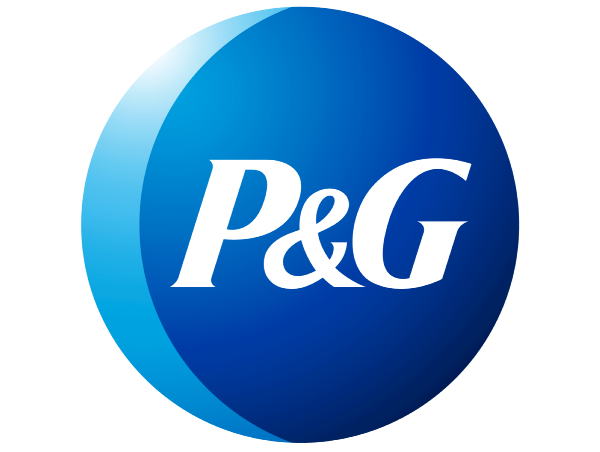


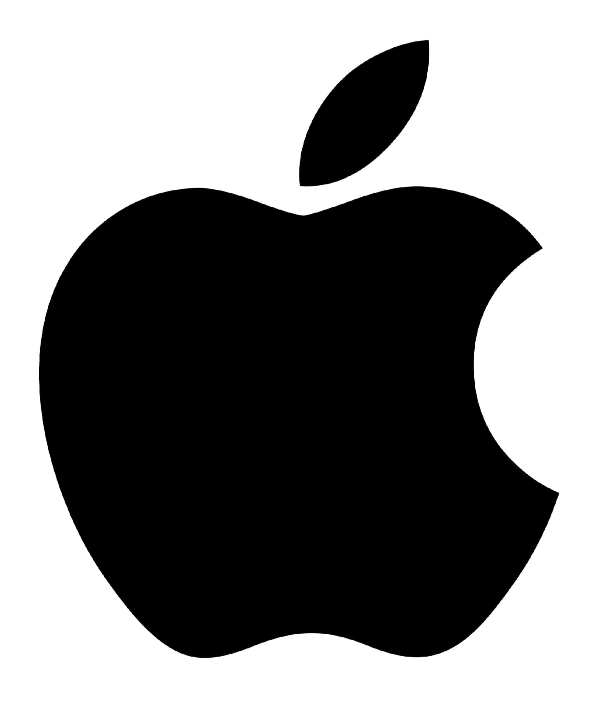
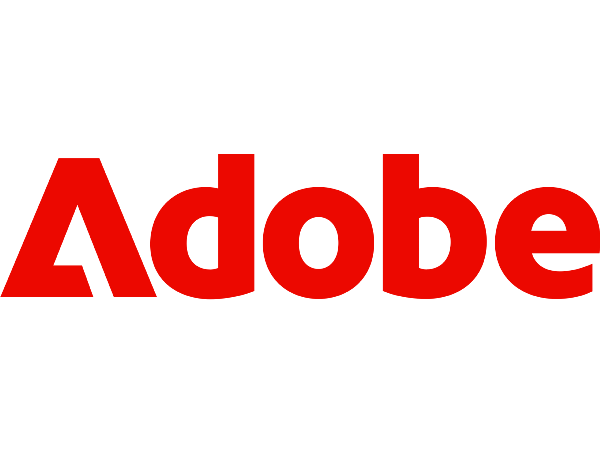
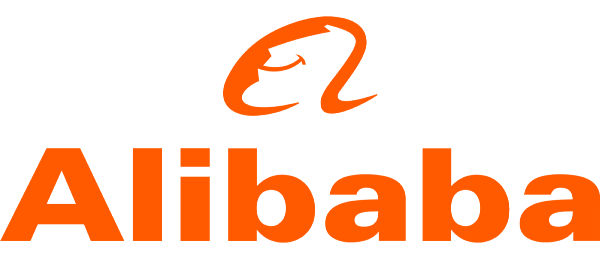

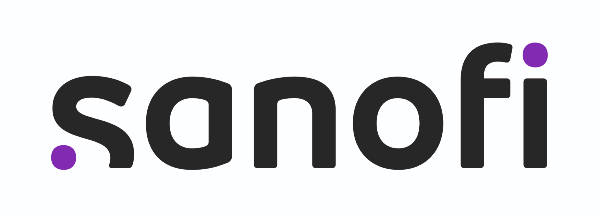

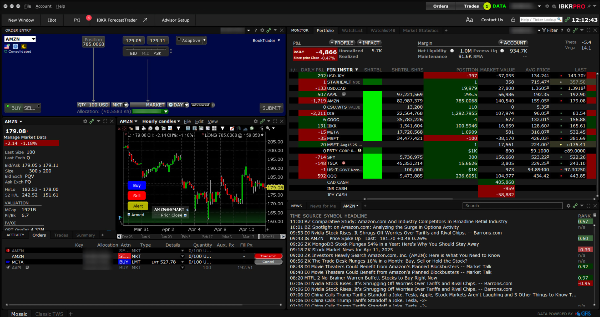
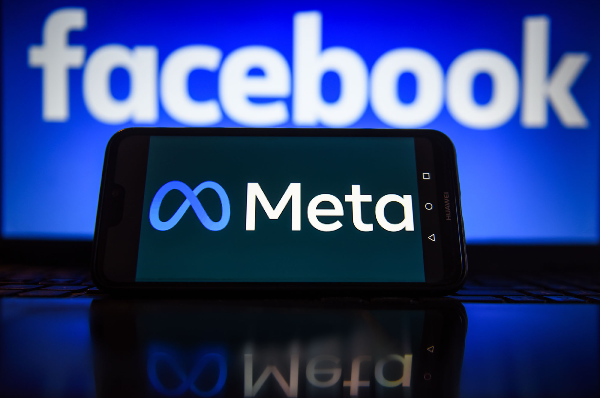



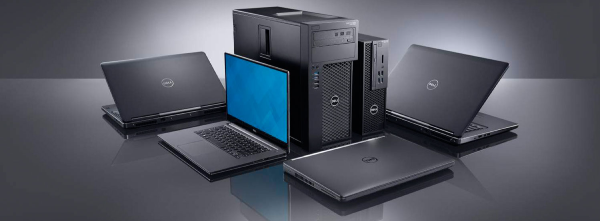




Introduction
Mega cap stocks refer to companies with exceptionally high market capitalizations, typically exceeding $200 billion. These corporations play a crucial role in financial markets, often serving as economic indicators due to their influence on industry trends and investor sentiment. Microsoft, with a market capitalization well into the trillions, firmly qualifies as a mega cap stock. Its leadership in technology, cloud computing, and enterprise software has made it one of the most valuable and widely held stocks globally.
This article analyzes Microsoft's classification as a mega cap stock, examining its defining characteristics, investment advantages, potential risks, and strategies for incorporating it into portfolios. By understanding Microsoft’s financial standing and market significance, investors can make informed decisions about its role in their long-term strategies.
Understanding Mega Cap Stocks
Mega cap stocks are companies with exceptionally high market capitalizations, typically exceeding $200 billion. These corporations represent the largest publicly traded entities, often influencing broader market trends due to their sheer size and financial strength. Their valuations fluctuate based on economic conditions, but they generally maintain stability due to diversified revenue streams and strong institutional backing. Companies such as Apple, Microsoft, and Amazon consistently rank among mega cap stocks, demonstrating sustained growth and market dominance.
Key characteristics of mega cap stocks include financial resilience, global brand recognition, and consistent revenue generation. These companies often lead their industries, setting benchmarks for innovation and profitability. Their ability to withstand economic downturns makes them attractive to long-term investors seeking stability. Additionally, mega cap stocks tend to offer dividends, further enhancing their appeal for income-focused portfolios.
Mega cap stocks differ from large-cap and mid-cap stocks in terms of market influence and risk profile. Large-cap stocks, valued between $10 billion and $200 billion, provide growth potential with moderate risk, while mid-cap stocks, ranging from $2 billion to $10 billion, offer higher volatility but greater upside potential. Mega cap stocks, however, dominate their sectors, often shaping industry trends and economic policies.
Their inclusion in major indexes like the S&P 500 further solidifies their role in investment portfolios, making them essential components for diversified strategies.
Microsoft’s Market Capitalization
Microsoft’s market capitalization has consistently ranked among the highest globally, currently valued at $3.339 trillion as of May 2025. This places Microsoft firmly in the mega cap category, reflecting its financial strength and industry dominance. Over the past decade, Microsoft’s valuation has experienced substantial growth, driven by its expansion into cloud computing, artificial intelligence, and enterprise solutions. Despite market fluctuations, Microsoft has maintained steady upward momentum, reinforcing its position as one of the most valuable companies in the world.
Compared to other mega cap stocks, Microsoft competes closely with Apple ($3.148 trillion) and Amazon ($2.04 trillion). While Apple leads in consumer electronics and Amazon dominates e-commerce, Microsoft’s diversified business model- spanning software, cloud computing, and AI- provides a balanced approach to revenue generation. Its ability to sustain high valuations while adapting to technological shifts sets it apart from competitors. Additionally, Microsoft’s inclusion in major indexes like the S&P 500 and Nasdaq-100 further solidifies its influence on global markets.
Microsoft’s market value is significantly influenced by strategic acquisitions and innovation. Key acquisitions, such as LinkedIn, GitHub, and Activision Blizzard, have expanded its reach across multiple industries, enhancing revenue streams and market presence. The company’s investment in Azure cloud computing has positioned it as a leader in enterprise solutions, competing directly with Amazon Web Services (AWS). Additionally, Microsoft’s advancements in artificial intelligence and cybersecurity continue to drive investor confidence, ensuring sustained growth and market relevance.
Characteristics of Microsoft as a Mega Cap Stock
Microsoft’s status as a mega cap stock is reinforced by its stability and financial resilience . The company has consistently maintained strong revenue streams across its diversified business segments, including cloud computing, enterprise software, and artificial intelligence. Its ability to generate steady cash flow and sustain profitability, even during economic downturns, makes it a reliable investment for long-term holders. Microsoft’s financial strength is further supported by its robust balance sheet, low debt levels, and consistent dividend payouts, which appeal to institutional investors seeking stability.
Microsoft’s global market dominance spans multiple industries, including technology, cloud computing, gaming, and enterprise solutions. Its Azure cloud platform competes directly with Amazon Web Services (AWS), while its Office 365 suite remains the standard for business productivity software. Additionally, Microsoft’s presence in gaming through Xbox and its acquisitions, such as Activision Blizzard, further expand its market influence. The company’s ability to lead in various sectors ensures its continued relevance and competitive edge against emerging tech firms.
The company has demonstrated consistent revenue and earnings growth, driven by its strategic investments in cloud computing, AI, and enterprise solutions. Microsoft’s Intelligent Cloud segment has reported substantial revenue increases, with Azure leading growth in cloud services. Its ability to innovate and expand into high-growth areas has strengthened investor confidence, making it a preferred choice for institutional investors. Large asset managers and pension funds frequently allocate capital to Microsoft due to its predictable earnings and strong market positioning.
Conclusion
Microsoft’s classification as a mega cap stock is backed by its strong financial resilience, industry leadership, and consistent growth. Its market capitalization, exceeding several trillion dollars, firmly places it among the most influential corporations globally. Microsoft’s ability to dominate multiple sectors-cloud computing, enterprise software, gaming, and artificial intelligence-ensures its continued relevance in the financial markets.
While mega cap stocks like Microsoft offer stability, they also come with valuation risks, regulatory scrutiny, and competitive pressures. Investors must assess these factors carefully, balancing long-term potential with diversification strategies. Understanding Microsoft’s role in the broader market can help investors make informed decisions that align with their financial goals.